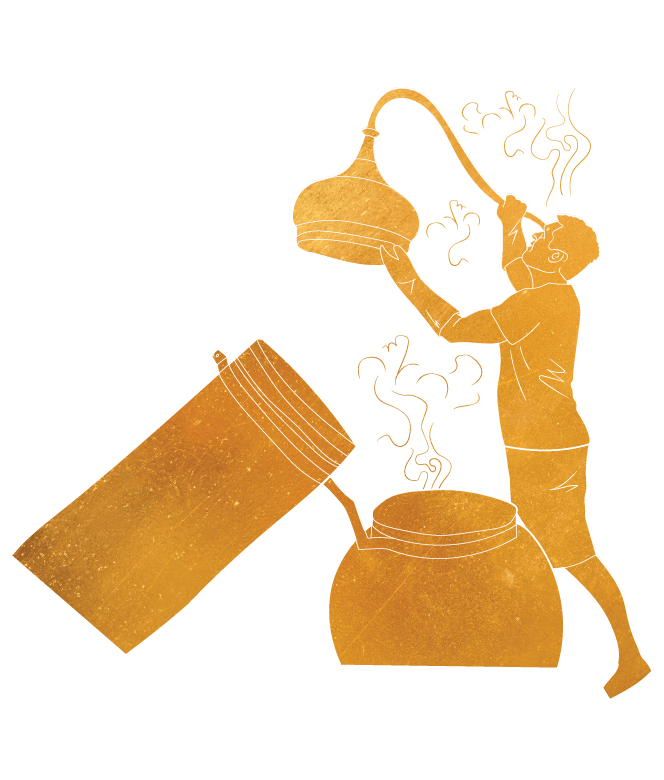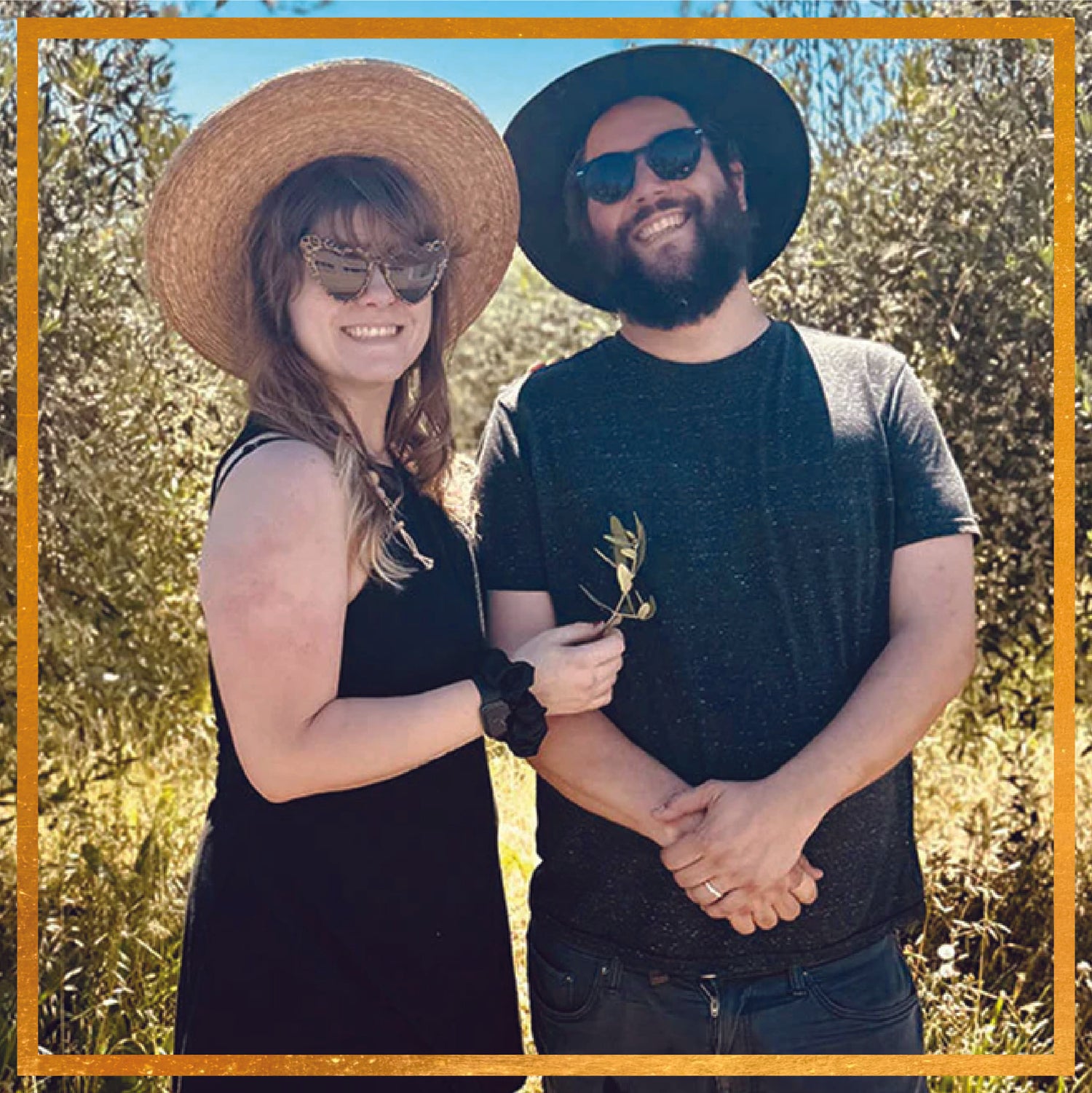
Sixth generation farmers
Patrick Martin is a sixth generation farmer and owner of Frantoio Grove. This is a quick look at how he cultivated the world’s first Regenerative Organic Certified (ROC) olive grove. This past spring he toured us on his family’s land and olive oil pressing-mill operation. Patrick is best described as a seriously committed farmer and artisan with an encyclopedic mind.
"Fourteen years ago when we decided to plant 30 acres of the farm with something, the obvious choice was grapes. Our family had grown grapes in Yolo and Napa counties since 1870 and our family is currently growing grapes in Sonoma County at Tobylane Vineyards. The soils and Mediterranean climate were perfect, the experts assured me of the future success of the vineyard. So naturally we decided to grow olives." -Patrick & Claire
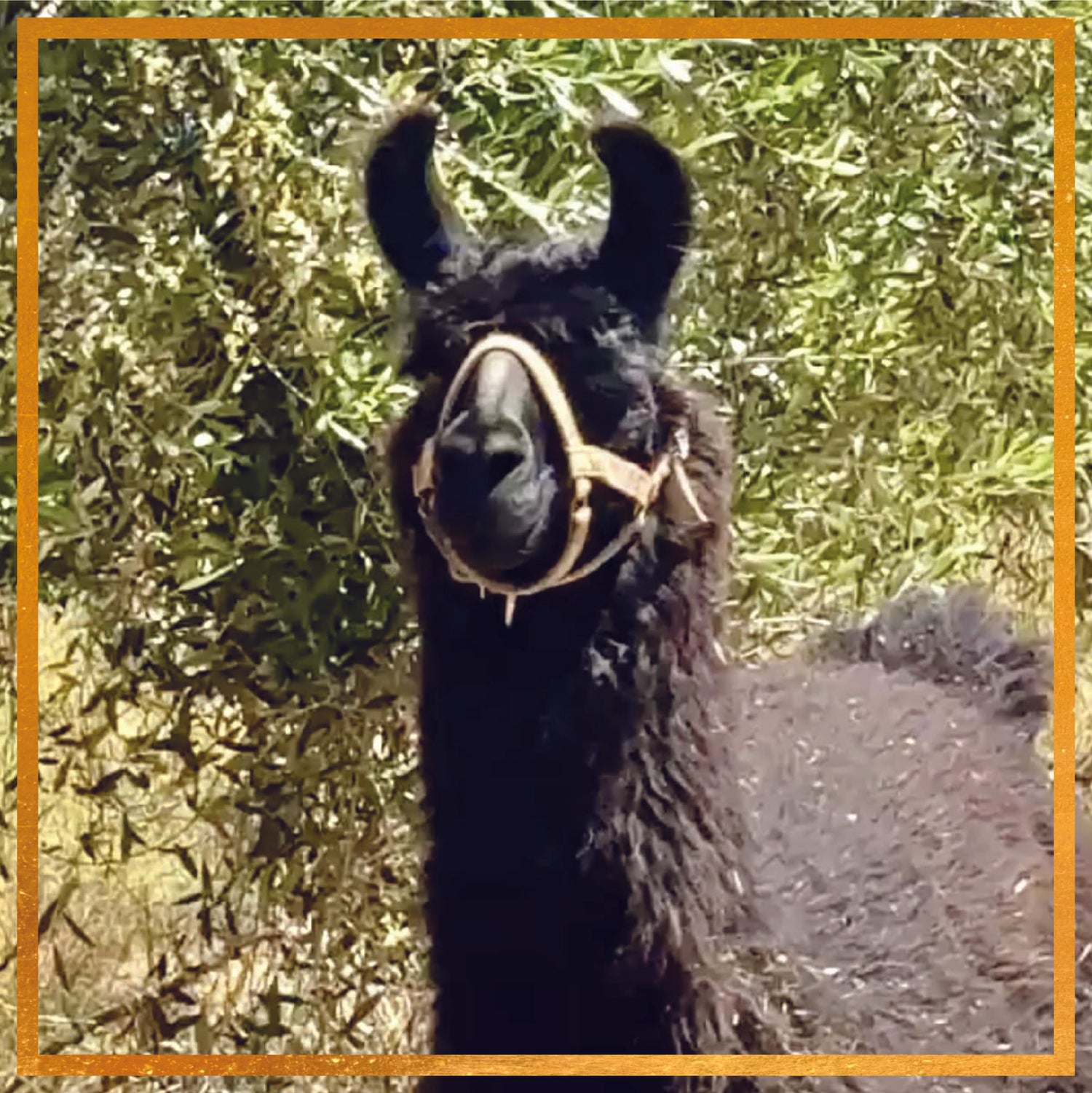
Kronk vs. the machine
When Patrick first took over the farm from his father in 2020, it was already certified organic. He explained to us that while it was certainly a giant leap from conventional farming, it still followed a recipe requiring an array of costly inputs to fertilize and protect the grove. Faced with ‘olive leaf leprosy,’ Patrick weighed his options and ultimately decided to solve the problem literally from the ground up. His trees now drink compost tea and he’s replaced his farm machinery with a team of lawn mowing, hoof-aerating and ground-fertilizing goats guarded by an impressive llama named Kronk.
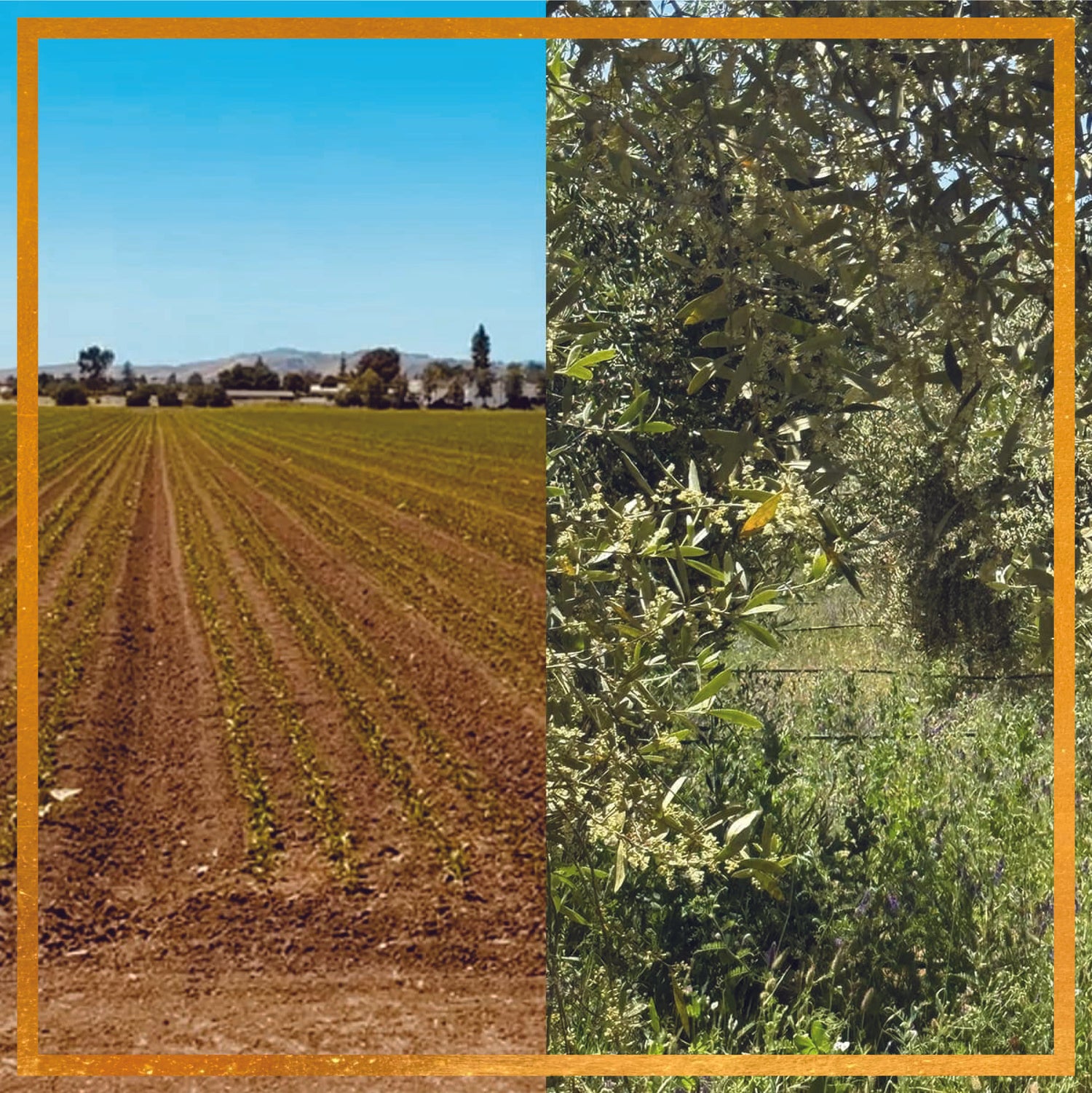
Humus: the foundation of fertile soil
Restoring Organic Matter: Their top priority is rejuvenating degraded soils with Organic Matter, commonly known as Humus.
Sequestering Carbon: Soils can pull tremendous amounts of Carbon from the atmosphere and if done on a large scale could play a large part in solving our climate crisis.
Water Retention: Humus amplifies the soil's ability to retain water.
Nutrient Cycling: Elevates nutrient cycling and uptake, ensuring plants receive essential. nourishment.
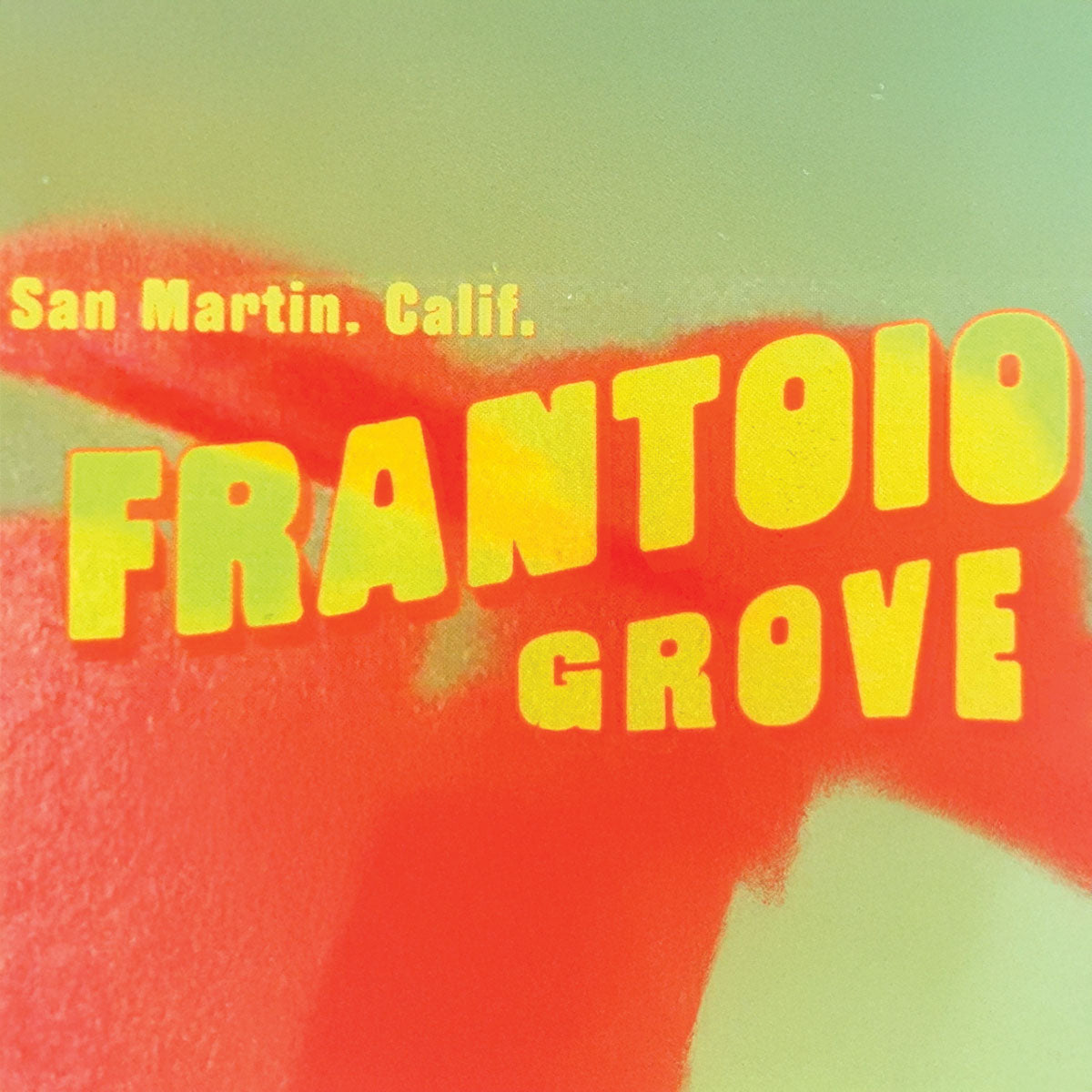
Their approach
On-Farm Composting: They harness the power of composting right on our farm to enrich the soil.
Diverse Cover Cropping: Implementing multi-family cover cropping with over 15 species of plants to promote soil health.
Integrating Animals: Introducing sheep not only provides fertility but also stimulates soil biology and encourages plant growth.





